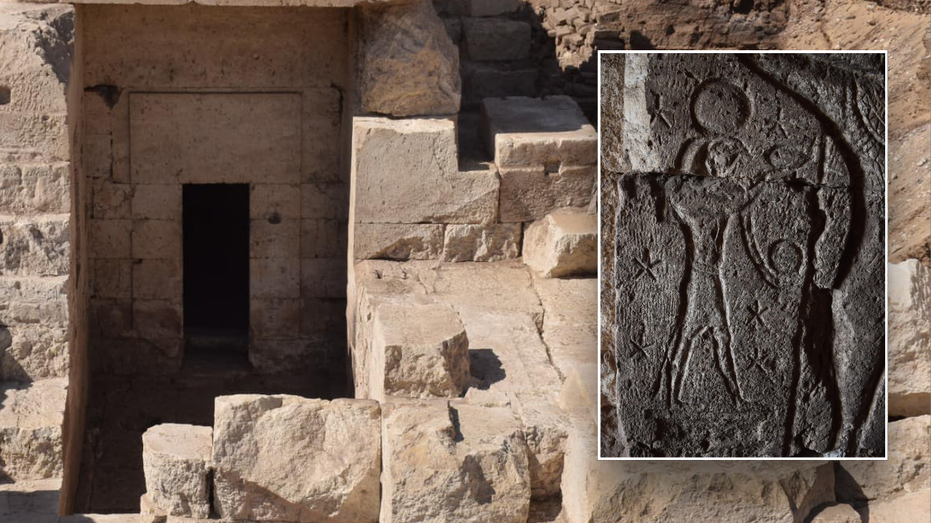Archaeologists uncover well-preserved temple, cult center dating back to ancient Egypt
The Great Temple of Athribis was recently found by a group of German and Egyptian archaeologists, according to the Egyptian government. The temple is over 2,000 years old.

Archaeologists recently uncovered an impressive Egyptian temple dedicated to a fertility god that dates back over 2,000 years.
The Egyptian Ministry of Tourism and Antiquities released a statement about the find on Saturday. The excavation was headed by a joint Egyptian-German archaeological commission.
Historians believe the temple dates back to the reign of King Ptolemy VIII, who may have also been the temple's founder. Ptolemy VIII was an Egyptian king of the Ptolemaic dynasty and died in 116 BC.
The building, which archaeologists are calling the Great Temple of Athribis, was found in Sohag. Athribis was a cult center dedicated to Min, a fertility god.
The Ptolemaic dynasty consisted of Macedonian Greek rulers who controlled Egypt for nearly 300 years, beginning in 305 BC and ended in 30 BC. Its dissolution marked the end of Hellenistic Egypt, before the Romans reigned.
In a Facebook post that was translated to English from Arabic, the ministry said that the temple's pylon – or its gate – was 167 feet wide. Each tower had a width of 78 feet.
FLORIDA PROFESSOR FINDS EVIDENCE THAT ANCIENT EGYPTIANS DRANK HALLUCINOGENIC COCKTAILS
The press release adds that Dr. Mohammed Ismail Khaled, secretary-general of the Supreme Council of Antiquities (SCA), said that the original height of the pylon was roughly 59 feet tall.
Hieroglyphic texts were also found along the exterior facade of the pylon. Excavators also discovered some of the temple's interior walls and engravings of Min and Repyt, a lion goddess who was one of his wives.
SCIENTISTS STUDY ‘VERY RARE’ FROZEN REMAINS OF 35,000-YEAR-OLD SABER-TOOTHED CUB
Archaeologists also uncovered the southern chamber decorated with hieroglyphic texts and landscapes of Min and Repyt, along with depictions of celestial gods "to measure the hours of the night," the press release said.
The group of archaeologists also discovered an attic with a staircase consisting of four steps, which may have been destroyed in the 700s AD. The attic was accessible through a small entrance to the building.
"It is worth noting that the joint Egyptian-German mission has been working in the Atribus region for more than ten years, resulting in the complete disclosure of all parts of the Great Temple of Atribus," the Egyptian ministry's announcement concluded.

